As we mentioned on our West Africa travel basics page, traveling overland in your own vehicle affords a certain freedom and flexibility that other forms of transport do now allow. The tradeoff is that you have to deal with the authorities. Border crossings in particular are far more complicated when you are traveling in private transport. One way to make those crossings less complicated is with a carnet de passage.
What is a carnet de passage?
The carnet de passage is an internationally recognized customs document that allows travelers to temporarily import their vehicles into foreign countries without paying hefty import duties or taxes. It serves as a guarantee to the customs authorities that the vehicle will be re-exported and not sold within the countries visited.
Essentially, it acts as a passport for the vehicle, ensuring hassle-free passage through multiple countries on your trip through West Africa. In most cases, the carnet itself will be stamped when you enter and exit a country.
Is a carnet de passage truly necessary for West Africa?
There is of course a difference between necessary and helpful. The latter is indisputable. A carnet offers significant advantages and saves you lots of headaches. But we’ll get to that in a minute. As for whether it’s necessary, in some cases it is:
- Entering Senegal, if your car is older than 8-years-old it must have a carnet de passage. There are travelers who have occasionally found a way around this, either by paying hefty bribes, paying for a special transit document or by paying for an escort through the country. None of these possibilities are guaranteed and all of them are expensive (expect a minimum charge of 250 euro).
- Entering Ghana, you must have a carnet de passage. As of this writing in June 2023, there is not a way around this, although some travelers may have gotten lucky here and there. And again, their luck was most likely expensive.
If you are traveling in a vehicle that is less than 8-years old and you are not going through Ghana, then yes, you do not need a carnet de passage to overland West Africa.
Of course, even if you technically do not need a carnet, there are still advantages to having one.
Advantages to Traveling with a Carnet de Passage
- Saves time – the border crossing process is streamlined because of this internationally recognized document. Every border official and customs agent knows what a CDP is and they know how to process them.
- Saves money – there are no inflated import duties to pay or other “taxes” that may be arbitrary depending on the border post and the personnel manning it. There is no gray area with a carnet and there are no negotiations required.
- Avoid stress – in many parts of West Africa, arriving at a border with inadequate documentation does not necessarily mean the end of your trip. There is often a solution to be found. But that solution is often costly and time consuming (see points 1 and 2). The uncertainty of your entry into the country is also stressful. You could spend 16 hours at a border crossing, not knowing how much longer it will take, how much money it will cost or whether you will have to turn back.
How to Obtain a Carnet de Passage
Obtaining a carnet de passage differs from country to country, but this is the general procedure:
- Contact an Automobile Association (AA) or Touring Club – they will provide the necessary information and application forms required. You can use the directory at carnetdepassage.org to find one. Or search for “your country”+automobile associations on Google or your favorite search engine.
- Vehicle Documentation – prepare the required documents, including proof of ownership, vehicle registration, driver’s license, and passport copies.
- Deposit and Fees – pay the required deposit, which varies based on factors like vehicle value and destination countries. The deposit is completely refundable upon successful completion of the trip. There will also be a fee that you have to pay for the application and the carnet itself.
- Insurance – Obtain comprehensive vehicle insurance that covers the countries on your travel itinerary. Keep in mind, this is different from the ECOWAS “brown card” insurance that we discussed in a different post.
A carnet de passage certainly has some up-front costs that may be prohibitive to some people. Let’s say you just spent $500 on a beat-up sedan. You want to drive it from the UK to South Africa. Expensive application fees and a hefty deposit may be out of reach. That said, if you find yourself in that category, you are already in for quite an adventure and border crossings will be the least of your worries.
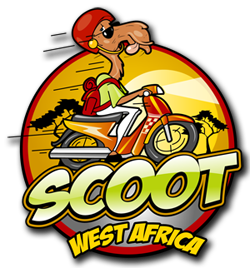
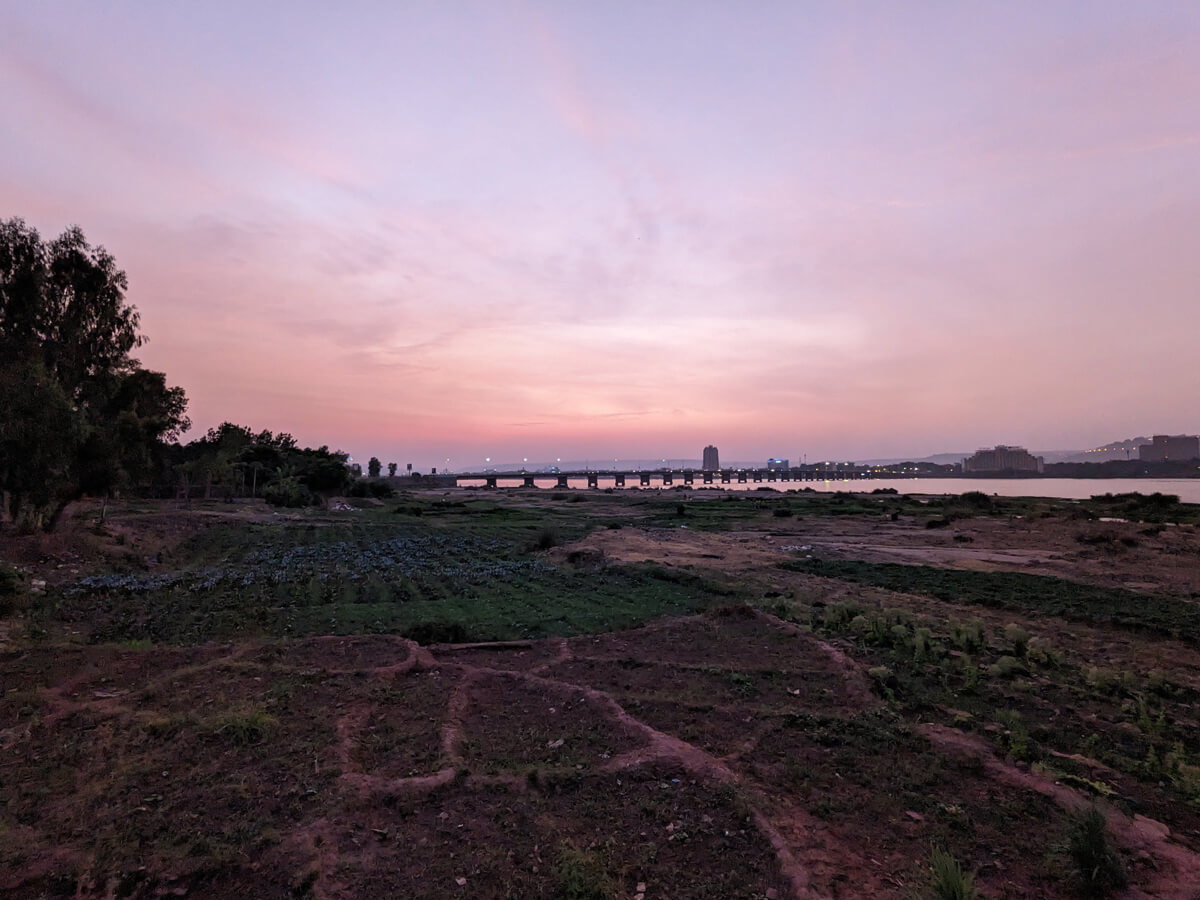
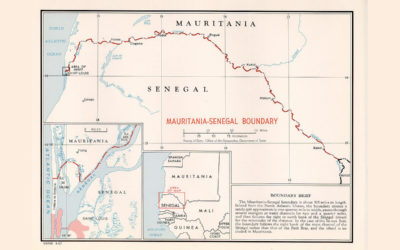
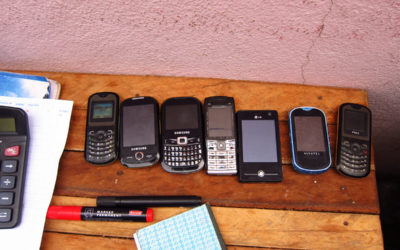
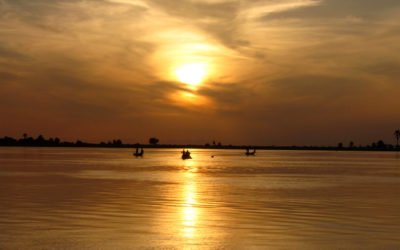
0 Comments